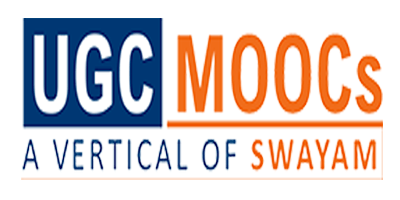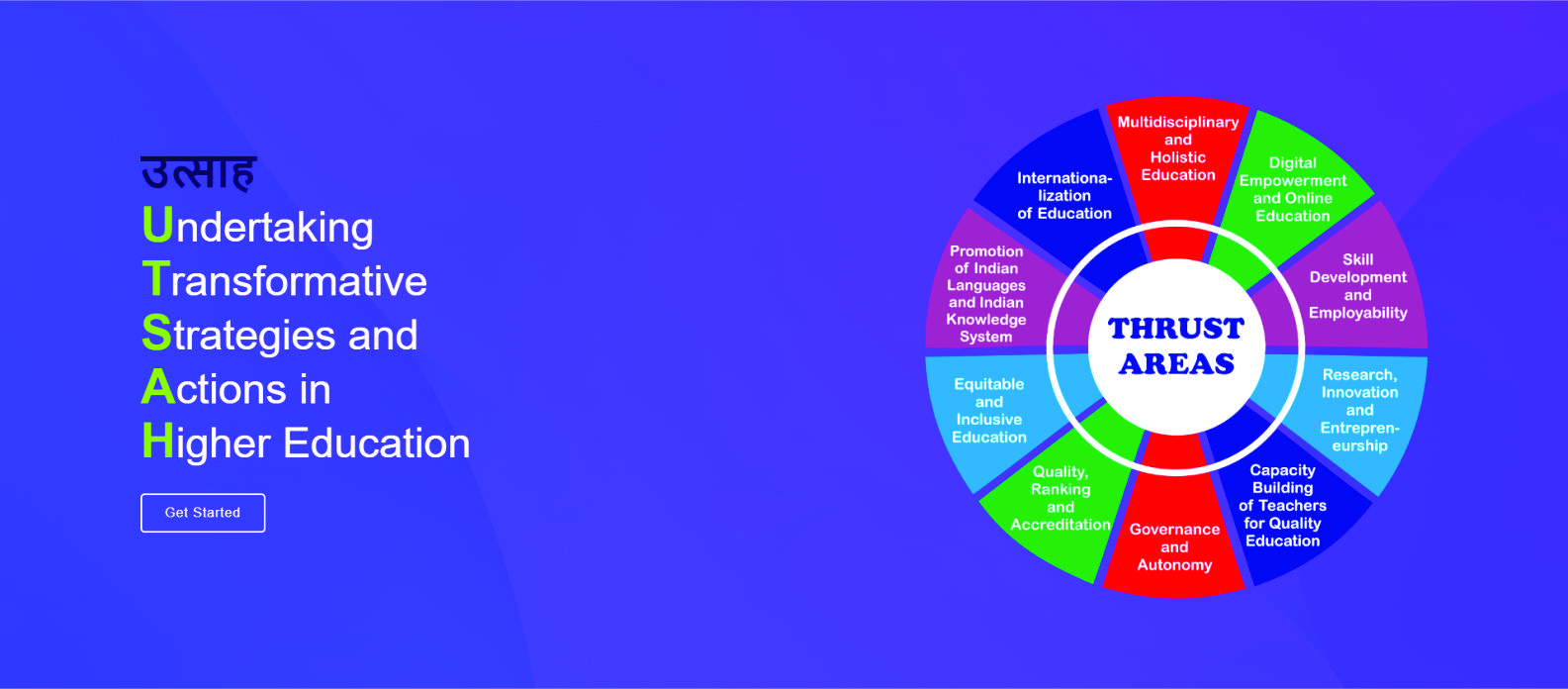
Best Practices
- Academic Best Practices
- Curriculum Upgradation done regularly
- Align courses with ICAR (Indian Council of Agricultural Research) guidelines and emerging fields like data science.
- Curriculum, Includes practical data applications
- Data raised from real Agricultural experiments, surveys, and field trials are analyzed in class.
- Interdisciplinary Teaching
- Collaborate in teaching with department of Agronomy, Horticulture, Agricultural Economics, Soil Science, and Genetics and Plant Breeding, Agricultural Extension, Animal Science, Entomology, Agricultural Engineering, and Plant Physiology.
- Skill Development Workshops
- Regular workshops on application of statistical software (R, SPSS, JAMOVI) for data handling.
- Training on data visualization and scientific writing.
- Research Best Practices
- Field-Driven Research
- Focus on design of experiments (DOE) for agricultural field trials, varietal evaluations.
- Use survey sampling methods for socio-economic and farm-level studies.
- Collaborative Research
- Publications and Impact
- Encourage faculty and students to publish in reputed journals.
- Extension & Outreach Best Practices
- Short courses on statistical literacy, yield forecasting, and data-based decision making for scientists and extension workers.
- Provide support in impact evaluation, and preparation of best forecasting models.
- Faculty Development
- Organize faculty development training on Research Methodology, Statistical tools and techniques and conferences.
- Student Mentoring System
- Guidance given to the students for their M.Sc./Ph.D. thesis.
Example of a Best Practice Initiative
“Statistical Support and services in Research”
- Offers experimental design advice, data analysis services, and training programmes to other departments and research scholars.





